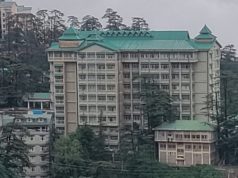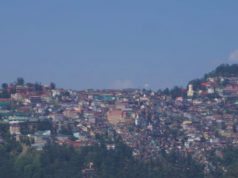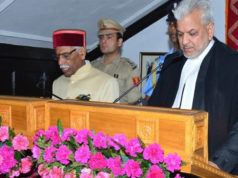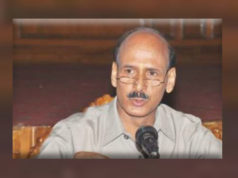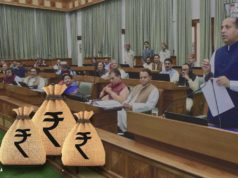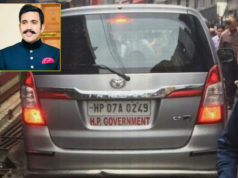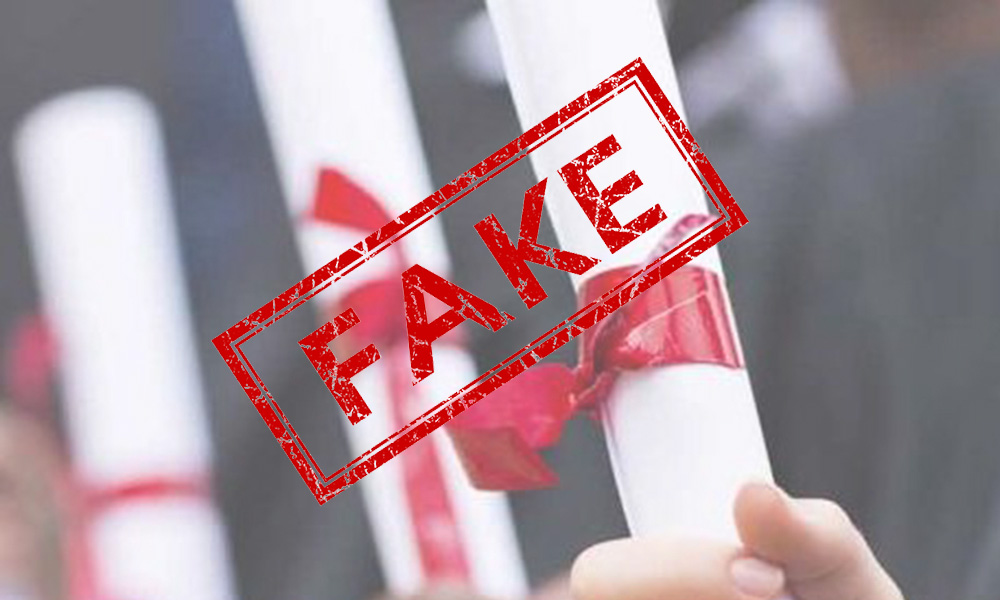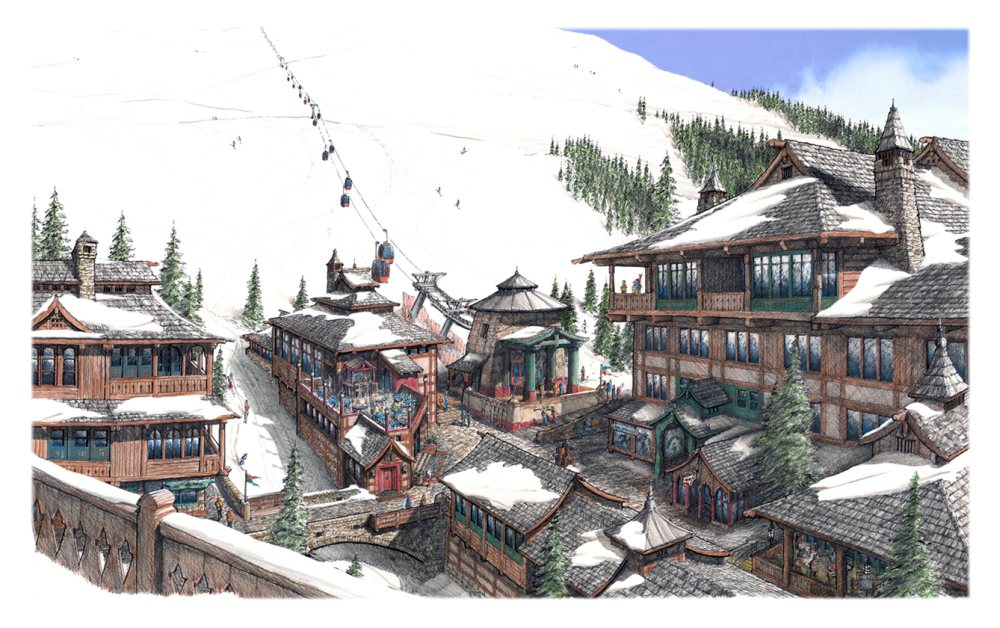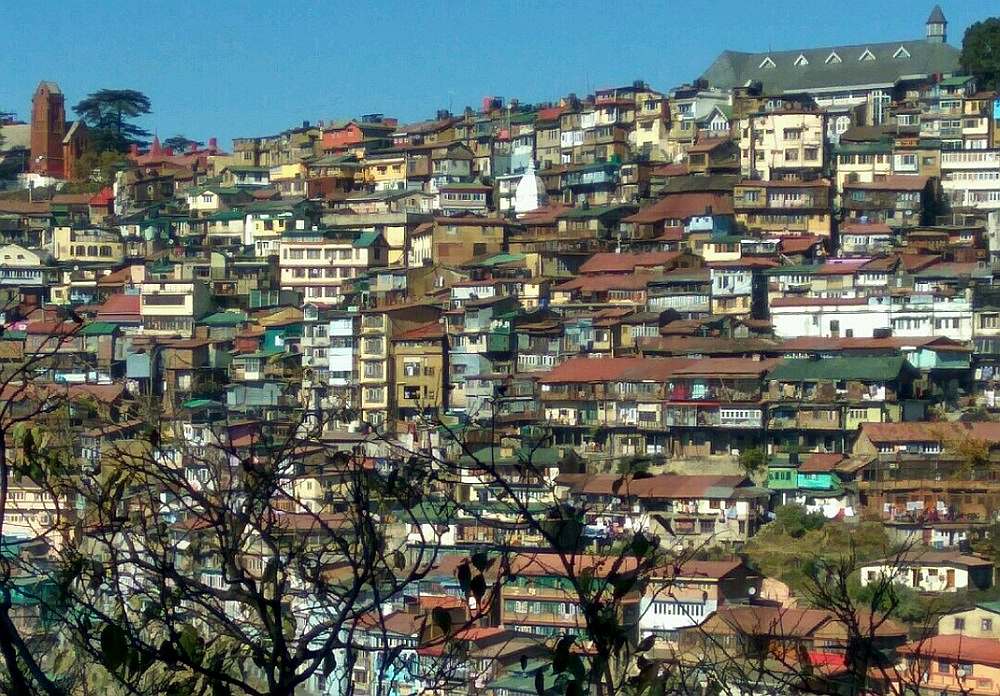
Shimla- The Himachal Pradesh Town and Country Department has recently issued a notification regarding regularization of buildings constructed without the approval of the building plan and those constructed with deviations from the approved plan.
In a notification issued on 29 August 2019, the TCP announced that rule 35 of the TCP Act 2014 was amended to incorporate the new provisions. The notification said that these rules may be called as the HP TCP Planning (Fourth Amendment) Rules, 2019.
The rule deals with the rates of composition fee. As per the new rules, a building constructed without the approval of a building plan but in accordance with the HP TCP rules can be regularized by paying a composition fee equal to four times of the normal fee as specified and applicable under sub-rule (2) of rule 16 of these rules.
Earlier, composition fee in such cases was equal to two times of the specified fee.
In a case where building plan was not approved and deviations were also carried out beyond permissible limits, the structure can be regularized by paying a composition fee equal to six times of the normal fee specified under TCP Rules.
Previously, the composition fee for regularization in such cases was equal to three times the fee specified.
Though the number of illegal structures is high in the state, the TCP Department is of the view that a very few people would apply for regularization. This amendment is likely to benefit 15-20 percent of such people.
The state government is also contemplating on excluding rural areas from the jurisdiction of TCP instead of regularizing them.
The meeting of the cabinet sub-committee constituted to exclude various areas of the state from the ambit of town and country planning department was held recently. It was decided during the meeting that open public hearing would be held for the people of the rural areas including under SADA and planning areas to know about their opinion.
It’s pertinent to mention that, as a vote bank politics, governments had been trying to bring policies to regularize illegal structures. Especially after panchayat areas in proximity to the Shimla town were merged and brought under the ambit of TCP during the last eight years. Due to this step, thousands of buildings, which were built prior to merging of these areas, became illegal.
Earlier, in 2016, the Congress-led government had passed a bill to introduce a retention policy for illegal structures. The government had sought to legalise illegally raised buildings/structures on “as is, where is” basis by imposing a trivial fee of Rs. 500 to 1,000 per square feet.
However, the amendments were struck down by the State High court after a citizen filed a petition terming this step as cheating with people who have followed the rules and regulations of the TCP while carrying out construction.
The Congress government had pleaded in the court that the number of illegal structures is so high that mass demolition would render people homeless.
However, the court had struck down the policy and stated that the amended Act violates Article 14 of the Constitution, which provides for equality before the law.
The Bhartiya Janata Party, after coming to power in 2017, it also tried to achieve something similar but could not.


